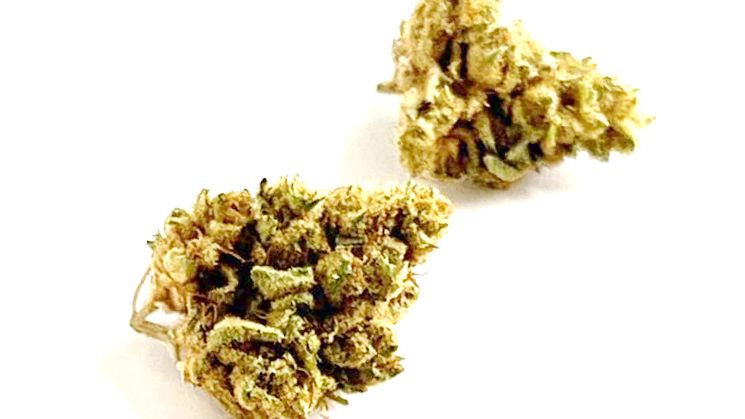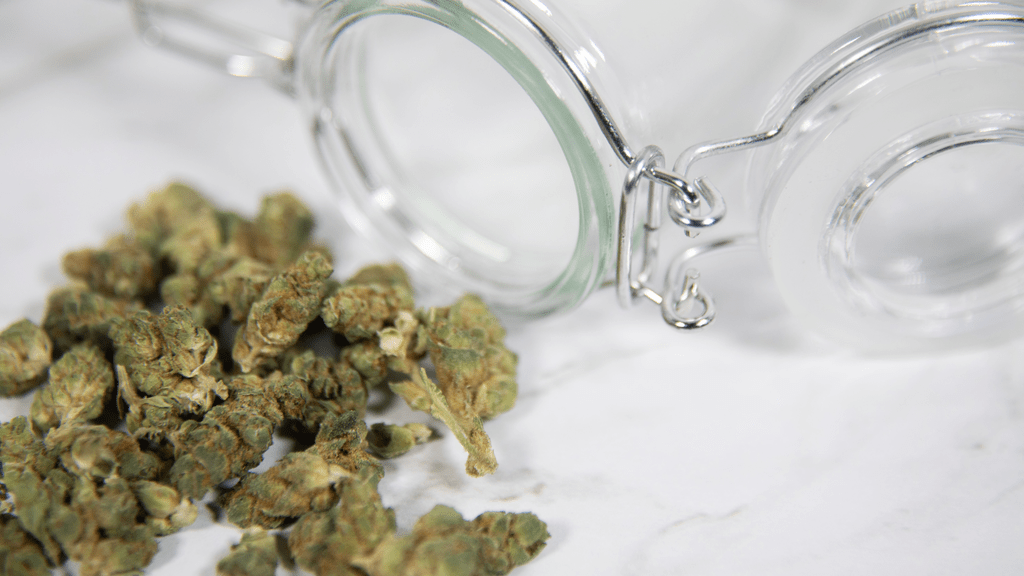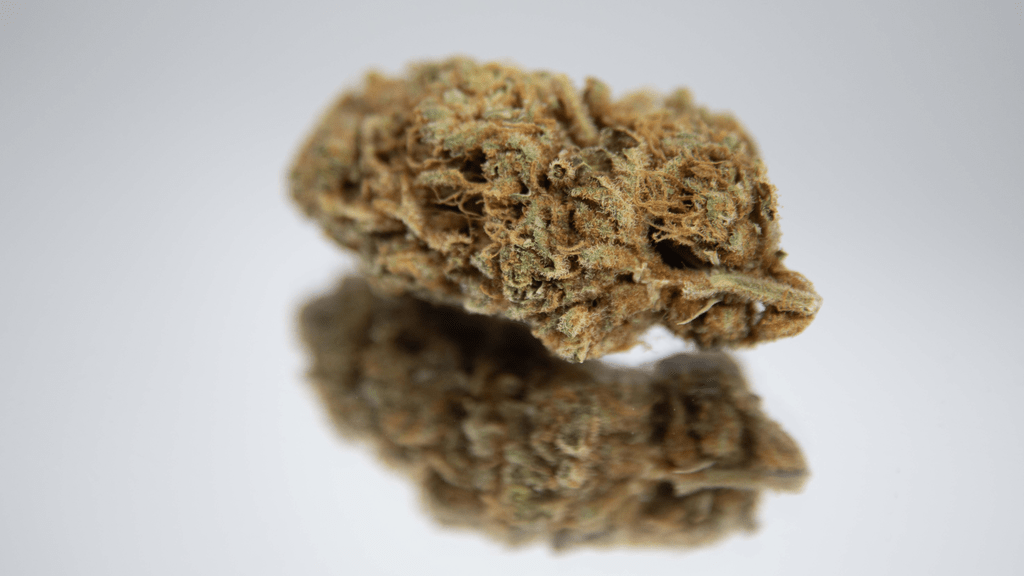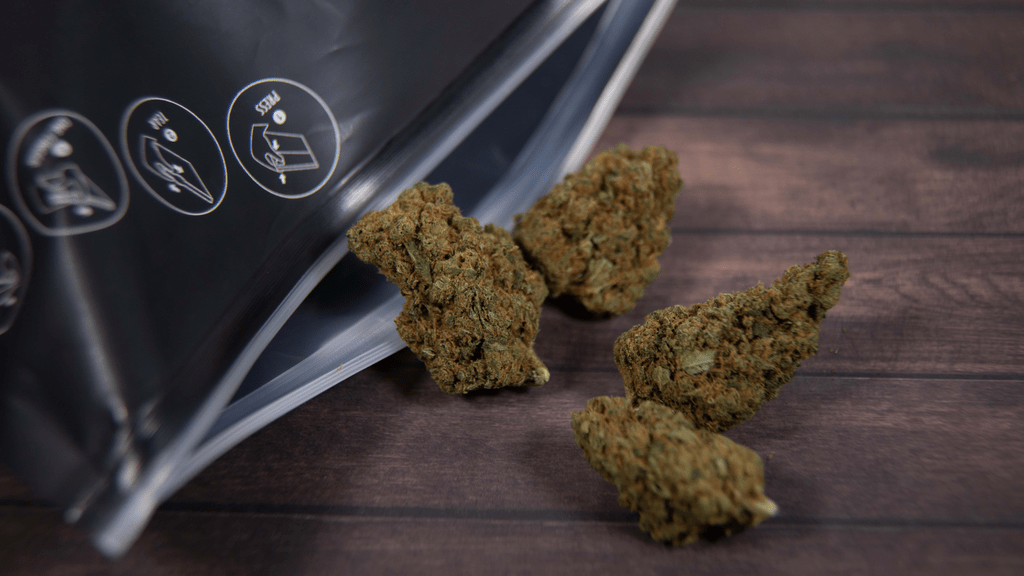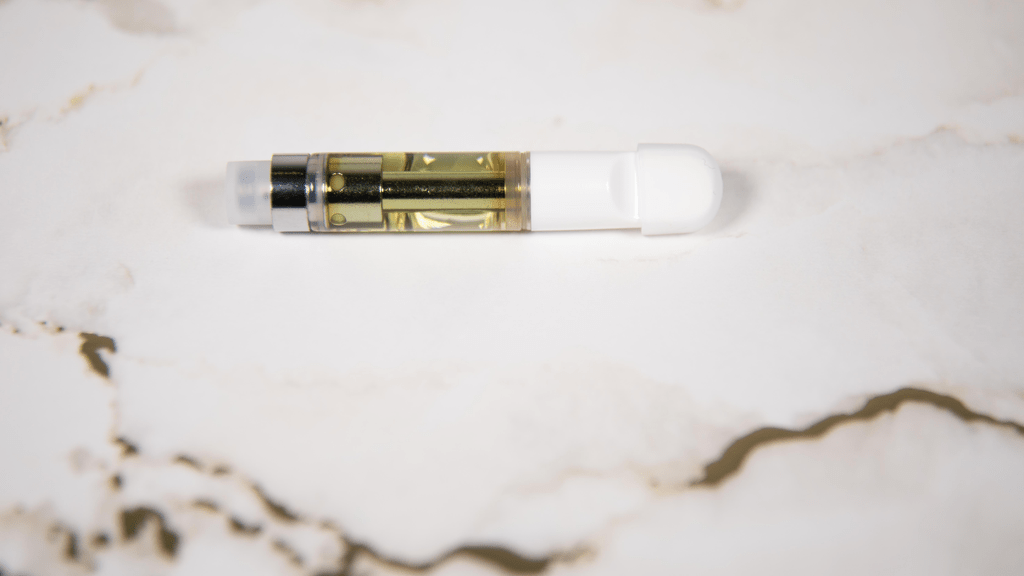In the stillness of the night, where every tick of the clock echoes like a suspenseful beat, sleep deprivation emerges as a pervasive adversary. It’s here, in these twilight hours, that cannabis steps forward, a potential ally shrouded in mystery and debate. Let’s shed light on this enigmatic helper with facts and insights.
The Quiet Battle: Understanding Sleep Deprivation
Sleep deprivation isn’t merely a matter of feeling tired. It’s a complex, stealthy enemy, affecting an estimated 50-70 million adults in the U.S. alone, as reported by the American Sleep Association. It can be as elusive and multifaceted as the most intricate plot, impacting mental health, physical well-being, and overall quality of life. In this battle, knowledge is power.
Cannabis: The Stealthy Aid
Cannabis has long been surrounded by controversy, yet it harbors components that may play a crucial role in promoting sleep. Its two most studied cannabinoids, CBD and THC, interact with the body’s endocannabinoid system, which plays a role in regulating sleep, among other functions. A study in the Journal of Clinical Pharmacology suggests that THC can decrease sleep latency (the time it takes to fall asleep) and may improve breathing during sleep.
The Calming Effect: A Tactical Approach
For those whose sleep issues stem from anxiety or stress, cannabis can be like a covert operative, deploying its calming effects. A 2019 study in the Permanente Journal found that 79.2% of patients reported lower anxiety levels, and 66.7% experienced better sleep with CBD. This approach is not about a dramatic confrontation, but a subtle, strategic intervention.
A Natural Alternative: The Shift in Perspective
In a world dominated by synthetic sleep aids, cannabis offers a more natural alternative. A 2018 review in Medicines indicated that cannabinoids might have the potential to be used as an alternative treatment for various sleep disorders. It’s a paradigm shift, changing the narrative from synthetic to natural.
Dosing and Strain Selection: A Tailored Approach
The effectiveness of cannabis in combating sleep deprivation can depend significantly on the strain and dosage. Indica strains are often preferred for their sedative properties. A study by the University of New Mexico found that THC and CBD levels play a critical role in the plant’s effects on sleep. Personalized approaches, therefore, are crucial in this narrative.
Legal and Safety Considerations
It’s important to acknowledge the legal and safety aspects of cannabis use. As of my last update, it’s legal for medical use in 37 states in the U.S. However, it remains a Schedule I drug under federal law. Users must navigate this landscape with caution and awareness, much like a protagonist navigating a complex plot.
Conclusion: Embracing the Night with New Allies
In conclusion, the relationship between cannabis and sleep is intricate and promising. As research evolves, so does our understanding of how this ancient plant can be a modern ally against sleep deprivation. It’s about facing the night not with fear, but with new knowledge and potential solutions.
In the silent battle against sleep deprivation, cannabis emerges not just as an ally, but as a beacon of hope, guiding us towards a night of peaceful slumber.


